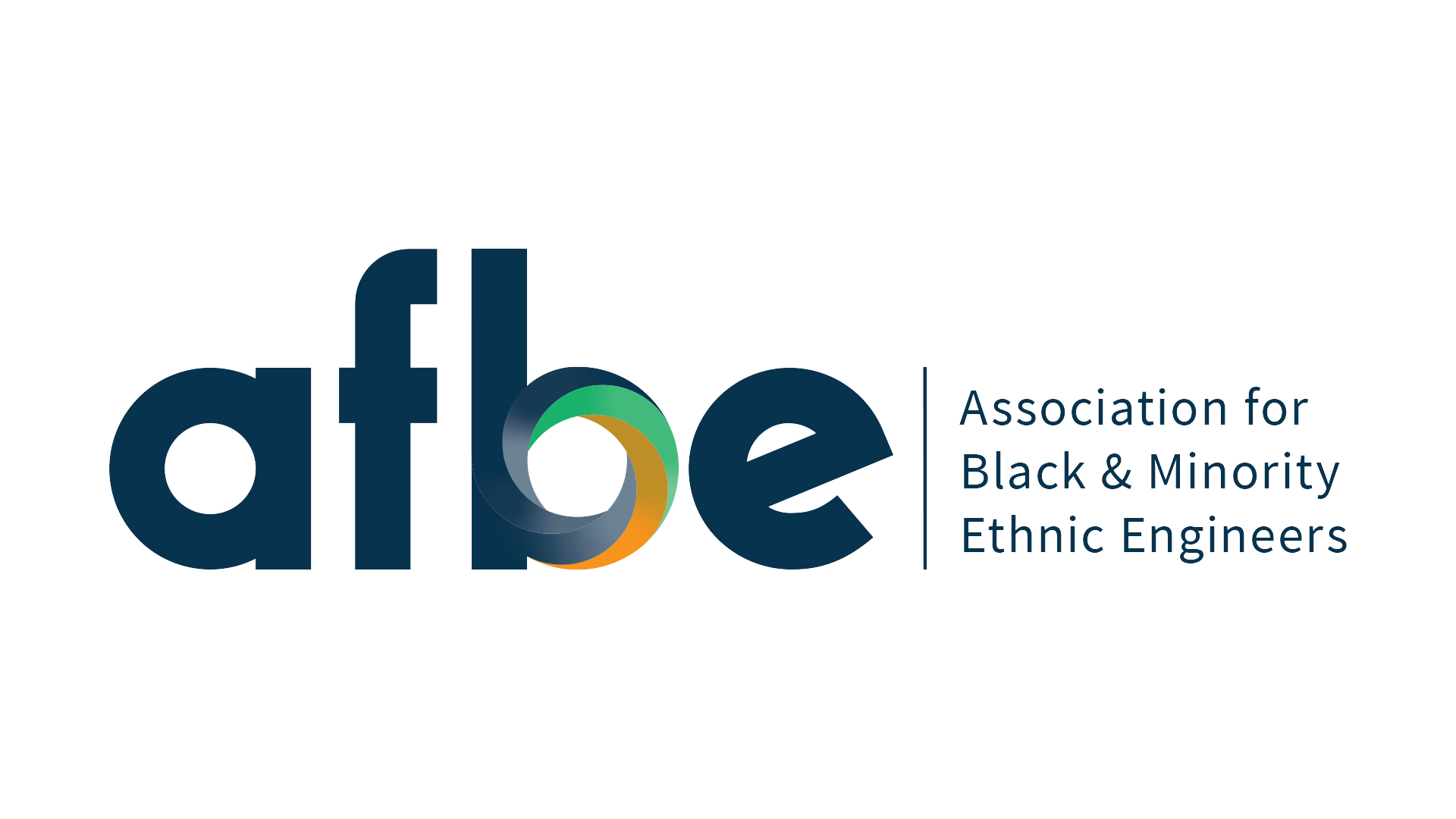In recent years, there has been a growing recognition of the importance of diversity and inclusion in the workplace, particularly in engineering, where only 9% of engineers in UK are from Black and Minority Ethnic (BME) backgrounds. According to a report by the Confederation of British Industry (CBI), 81% of employers believe that a diverse workforce leads to better business performance. This suggests a growing recognition of the positive impact diversity can have on organisations.
AFBE-UK’s Initiatives
AFBE-UK is a non-profit organisation in the UK that supports and inspires BME engineers. We aim to help BME engineers develop their skills and advance in their careers, train them on how leadership and management are essential and also what are the differences. We provide
- Leadership programs;
- Workshops;
- Mentoring schemes;
- Networking events;
- Hosts talks and panel discussions
Many companies are implementing diversity and inclusion initiatives, including racial equity programs, gender equality initiatives, and employee resource groups (ERGs), to support BME employees and create more inclusive work environments.
Why Is Leadership Important?
Leadership is crucial especially in project management for several reasons:
- Vision and Direction: A strong leader provides a clear vision and direction for the project team. They articulate the project goals, objectives, and desired outcomes, ensuring that everyone is aligned and working towards the same purpose.
- Decision-making: Effective leaders make timely and informed decisions, guiding the project team through various challenges and uncertainties.
- Team Motivation and Engagement: A skilled leader understands the importance of team motivation and creates an environment where team members feel valued, empowered, and motivated to perform at their best.
- Communication and Collaboration: Leadership in project management involves strong communication skills. A leader ensures that information flows effectively between team members, stakeholders, and other project stakeholders.
- Problem-solving and Adaptability: Projects often encounter unexpected challenges and obstacles. A leader possesses problem-solving skills and is adept at finding solutions and making necessary adjustments.
- Stakeholder Management: Project leaders play a critical role in managing stakeholders. They identify and engage key stakeholders, understand their needs and expectations.
- Risk Management: Leaders in project management are responsible for identifying, assessing, and mitigating risks.
Insightful talks on Leadership with special guest speakers
By sharing personal stories, our company has organised and participated in different talks and interviews, aiming to inspire and empower BME individuals while fostering a more inclusive engineering community. The interviews highlight the significance of resilience, determination, mentorship, cultural awareness, and networking in the professional growth of BME engineers. Moreover, the panel session encourages collaboration and open discussions to address the barriers. BME individuals face and promote diversity in the engineering sector.
Vanessa Abraham-John (Global Diversity, Inclusion & Talent Acquisition), shares her journey and the challenges she has faced in her career. Her story emphasizes the importance of resilience, determination, and mentorship in overcoming obstacles and achieving success as a BME engineer.
He is an MBE, CCMI and a respected leader in the engineering industry, discusses the significance of empowering BME engineers and promoting diversity within organizations. He highlights the need for companies to embrace inclusivity and create opportunities for talented BME individuals to thrive and contribute meaningfully to the field.
Jimi is a leadership diversity consultant whose interview focuses on developing leadership skills and their role in the professional growth of BME engineers. She highlights the importance of self-belief, continuous learning, and seeking mentorship to unlock one’s full potential and succeed as a leader.
Emeka Emembolu is a Senior Vice President and she shares his experiences and insights as a BME engineer, emphasising the importance of cultural awareness, collaboration, and perseverance in overcoming obstacles and achieving professional goals. His interview highlights the power of networking and community engagement in fostering career advancement.
TRANSCEND’s panel session brings together accomplished BME engineers and industry experts to discuss the challenges and opportunities for BME individuals in the engineering sector. The panel explores topics such as diversity, representation, and the role of leadership development programs in breaking down barriers and creating a more inclusive industry. The session encourages open dialogue and collaboration to drive positive change in the engineering community.
Organisations and individuals need to recognize the value of diversity and inclusion. By supporting leadership programs and engaging in conversations about the experiences of BME engineers, we can collectively work towards creating equal opportunities for all engineers, regardless of their background. Through these efforts, we can build a stronger and more innovative engineering industry that thrives on diversity, inclusivity, and the contributions of BME professionals.





